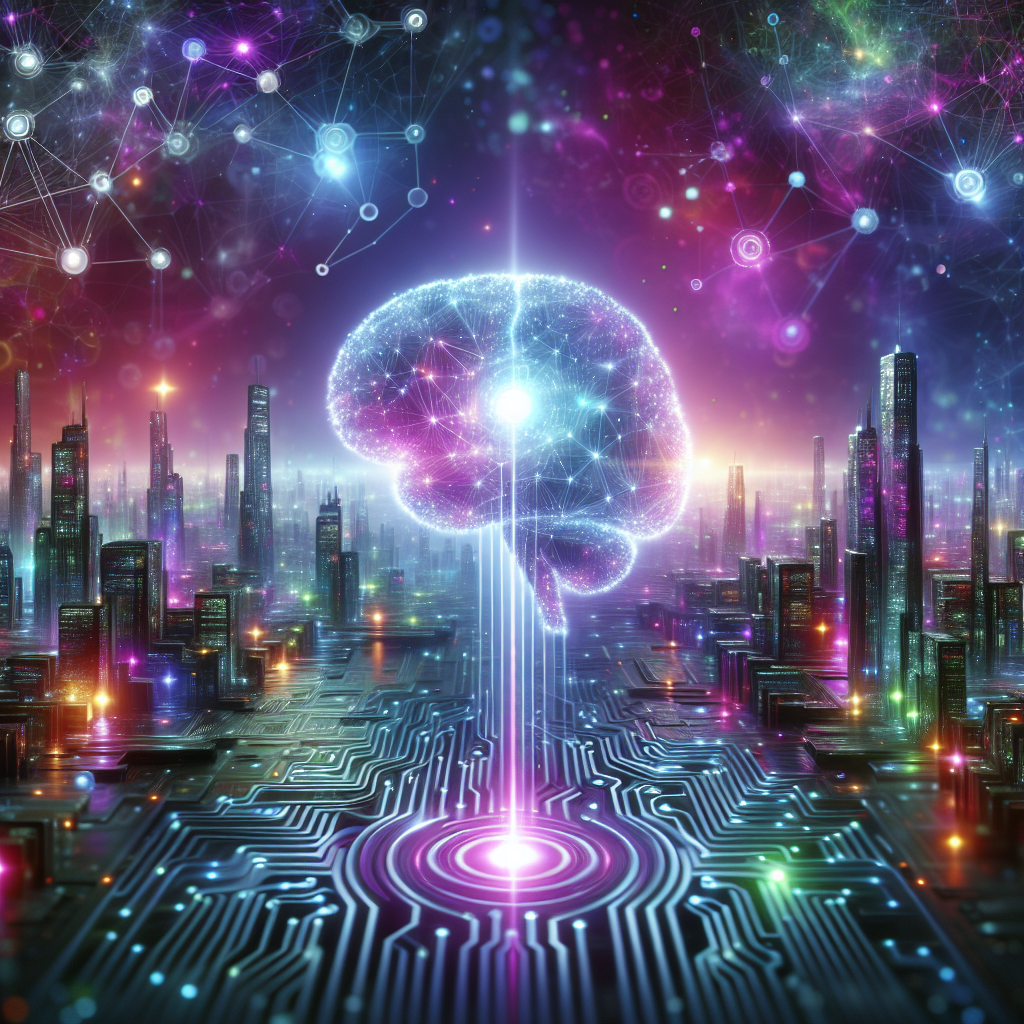The Rise of Artificial General Intelligence: What Does the Future Hold?
Artificial General Intelligence (AGI) is a term that refers to the development of AI systems that possess the ability to understand and learn any intellectual task that a human being can. While we have made significant progress in the field of AI in recent years, achieving AGI is still a daunting challenge that researchers are working tirelessly to overcome. But what does the future hold for AGI, and how will it impact society as a whole? In this article, we will explore the rise of AGI, its potential implications, and what the future may hold.
The Evolution of Artificial Intelligence
Artificial Intelligence has come a long way since its inception in the 1950s. Early AI systems were limited in their capabilities and were only able to perform specific tasks that were explicitly programmed into them. However, with advancements in machine learning, deep learning, and neural networks, AI systems have become increasingly sophisticated and are now capable of performing complex tasks such as image recognition, natural language processing, and decision-making.
While current AI systems excel at specific tasks, they lack the ability to generalize their knowledge and apply it to new situations. This is where AGI comes in. AGI aims to create AI systems that can learn and adapt to new tasks and environments, much like a human being. Achieving AGI would mark a significant milestone in the field of AI and could have far-reaching implications for society.
The Potential Impact of AGI
The potential impact of AGI on society is both exciting and daunting. On one hand, AGI could revolutionize industries such as healthcare, finance, and transportation by automating tasks, improving efficiency, and driving innovation. AGI could also lead to breakthroughs in science and technology by accelerating the pace of research and discovery.
On the other hand, the rise of AGI could have significant implications for the job market. As AI systems become more advanced, they may be able to perform tasks that were previously done by humans, leading to widespread automation and potentially displacing workers in certain industries. This could result in economic disruption and social upheaval if not managed properly.
Another concern with AGI is the potential for misuse and abuse. AGI systems could be used for malicious purposes, such as hacking, surveillance, or propaganda. Ensuring that AGI is developed and deployed ethically and responsibly will be crucial to mitigating these risks.
The Future of AGI
While achieving AGI is still a distant goal, researchers are making steady progress towards this ambitious objective. Breakthroughs in areas such as reinforcement learning, transfer learning, and meta-learning are bringing us closer to creating AI systems that can learn and adapt in a more generalizable way.
One approach to achieving AGI is through the development of artificial neural networks that mimic the structure and function of the human brain. By creating AI systems that can simulate the complexity and flexibility of the human mind, we may be able to achieve AGI in the near future.
Another approach to AGI is through the use of evolutionary algorithms and genetic programming. By evolving AI systems through a process of natural selection and mutation, researchers hope to create AI systems that can adapt and evolve in response to changing environments.
FAQs
Q: When will AGI be achieved?
A: It is difficult to predict exactly when AGI will be achieved, as it is a complex and challenging goal that requires significant advancements in AI research. Some experts believe that AGI could be achieved within the next few decades, while others believe it may take longer.
Q: What are the ethical considerations surrounding AGI?
A: Ethical considerations surrounding AGI include issues such as privacy, bias, transparency, accountability, and the potential for misuse. Ensuring that AGI is developed and deployed in a responsible and ethical manner will be crucial to addressing these concerns.
Q: How will AGI impact the job market?
A: The impact of AGI on the job market is uncertain. While automation may lead to job displacement in certain industries, it may also create new opportunities and roles in other areas. It will be important for policymakers and businesses to adapt to these changes and provide support for workers who may be affected.
Q: What are the potential benefits of AGI?
A: The potential benefits of AGI include increased efficiency, productivity, innovation, and breakthroughs in science and technology. AGI has the potential to revolutionize industries and improve the quality of life for people around the world.
In conclusion, the rise of AGI represents a significant milestone in the field of AI and has the potential to revolutionize society in ways we can only imagine. While there are challenges and risks associated with AGI, it is important to approach its development with caution and foresight. By addressing ethical considerations, preparing for potential job market disruptions, and fostering responsible innovation, we can ensure that AGI benefits society as a whole. The future of AGI is bright, and the possibilities are endless.

